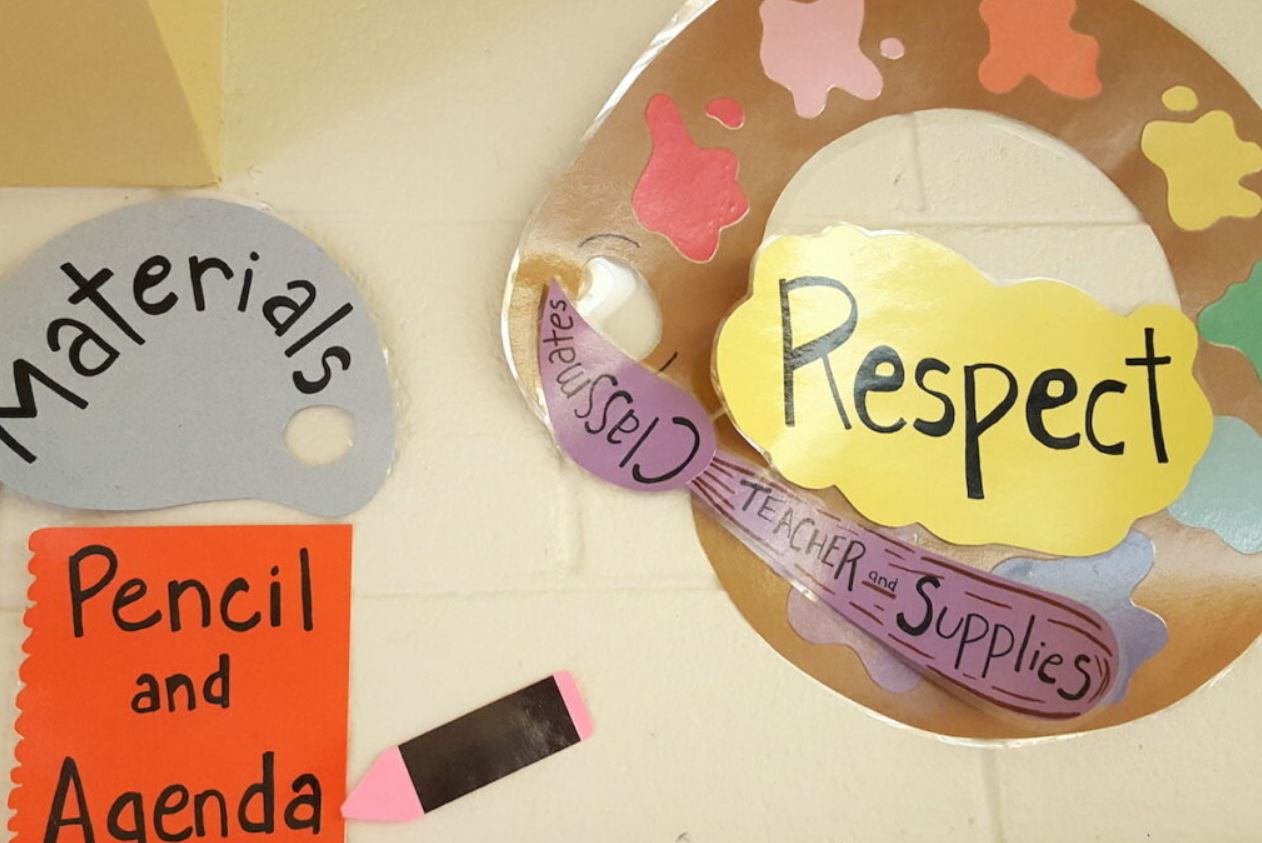In the realm of education, being a teacher is not just a profession—it’s a calling. The responsibility of shaping young minds and instilling knowledge is an art, and like any art form, it can always be refined and improved. Whether you’re an experienced educator looking to enhance your teaching or a novice just starting on this fulfilling journey, these pro tips for educators will help you master the art of teaching.
Embrace Lifelong Learning
A great teacher is always a great learner. Stay updated on the latest teaching methodologies, educational research, and industry trends to adapt and grow with your students.
Know Your Audience
Understanding your students’ needs, learning styles, and backgrounds is crucial. Tailor your teaching methods to their unique characteristics to maximize their learning potential.
Effective Classroom Management
Maintain a well-organized and disciplined classroom environment. Effective management fosters a conducive atmosphere for learning and minimizes disruptions.
Use Technology Wisely
Integrate technology into your teaching for enhanced engagement, but be mindful not to let it replace valuable face-to-face interactions.
Develop Strong Communication Skills
Clear communication with students, parents, and colleagues is essential. Listen actively, express ideas effectively, and provide constructive feedback.
Set Clear Learning Objectives
Establish clear and measurable learning objectives for each lesson. This helps students understand what’s expected and stay motivated.
Encourage Critical Thinking
Promote critical thinking by asking open-ended questions and challenging students to analyze, evaluate, and synthesize information.
Foster a Growth Mindset
Instill a growth mindset in your students, encouraging them to view challenges as opportunities for growth and to persevere in the face of setbacks.
Adapt to Diverse Learning Styles
Recognize that students have different learning styles. Employ various teaching methods to reach visual, auditory, and kinesthetic learners effectively.
Be Adaptable
Flexibility is key. Additionally, be open to adapting your teaching methods based on students’ feedback and evolving educational needs.
Make Learning Fun
Engage your students by incorporating interactive activities, games, and creative approaches into your lessons to make learning enjoyable.
Feedback and Assessment
Furthermore, provide timely and constructive feedback to help students understand their strengths and areas for improvement. Regular assessments help gauge progress.
Collaborate with Colleagues
Share insights and ideas with fellow educators. Collaborative efforts often lead to innovative teaching methods and solutions to common challenges.
Cultivate Empathy
Show empathy towards your students’ emotional and psychological well-being. Thus a supportive and caring teacher can inspire and motivate.

Continuous Reflection
Regularly assess your teaching methods and outcomes. Therefore, reflect on what worked well and what needs improvement, and make adjustments accordingly.
Stay Inspired
Find inspiration in the success stories of your students. Moreover, celebrate their achievements and remind yourself of the impact you make every day.
Seek Professional Development
Invest in professional development opportunities, such as workshops, courses, and conferences, to enhance your teaching skills.
Time Management
Effective time management is essential for juggling the demands of lesson planning, grading, and personal life. Therefore, prioritize tasks and set boundaries.
Create a Positive Learning Environment
Foster a positive and inclusive classroom culture where students feel valued, respected, and motivated to participate.
Self-Care
Remember to take care of yourself. Balancing your well-being and professional commitments is essential for sustained success in teaching.
Conclusion
In conclusion, mastering the art of teaching is an ongoing journey filled with opportunities for growth and transformation. These pro tips for educators provide a valuable roadmap to help you become an even more effective and inspiring teacher. By embracing these strategies, you can create a dynamic and enriching educational experience for your students while finding fulfillment in your role as an educator. Your dedication to improving your teaching skills will not only benefit your students but also contribute to the advancement of the field of education as a whole.




